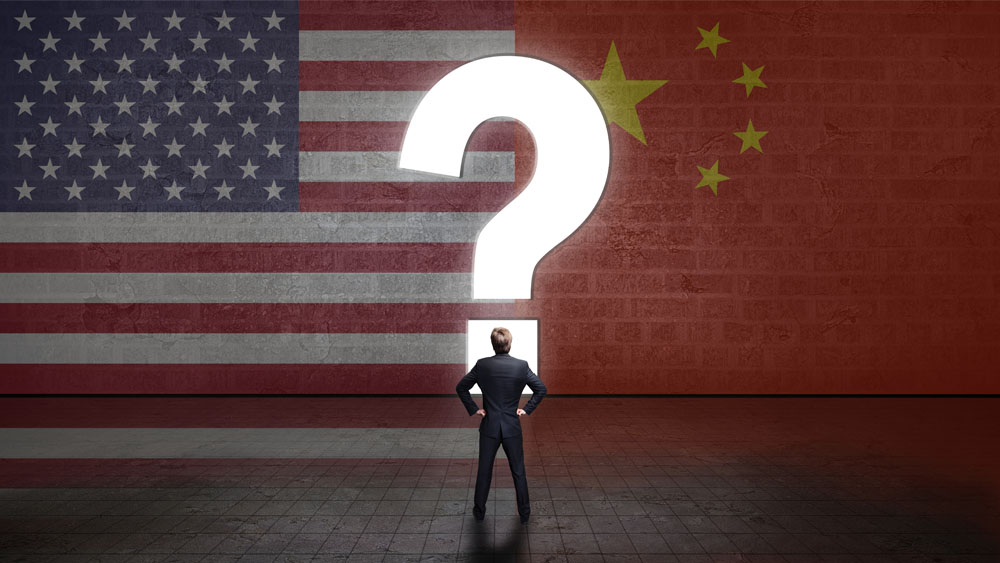
Mallie Prytherch, Researcher at Centre on Contemporary China and the World, University of Hong Kong
Dec 19, 2025
The first Trump–Xi summit since 2025 brought high hopes and headline deals on trade, fentanyl, and rare earths, but diverging goals and ambiguous promises hint at the fragility of this latest U.S.–China rapprochement. The United States secured pledges on curbing fentanyl flows, increased agricultural purchases, and the removal of export controls on rare earths, while emphasizing symbolic gains in respect and stability.
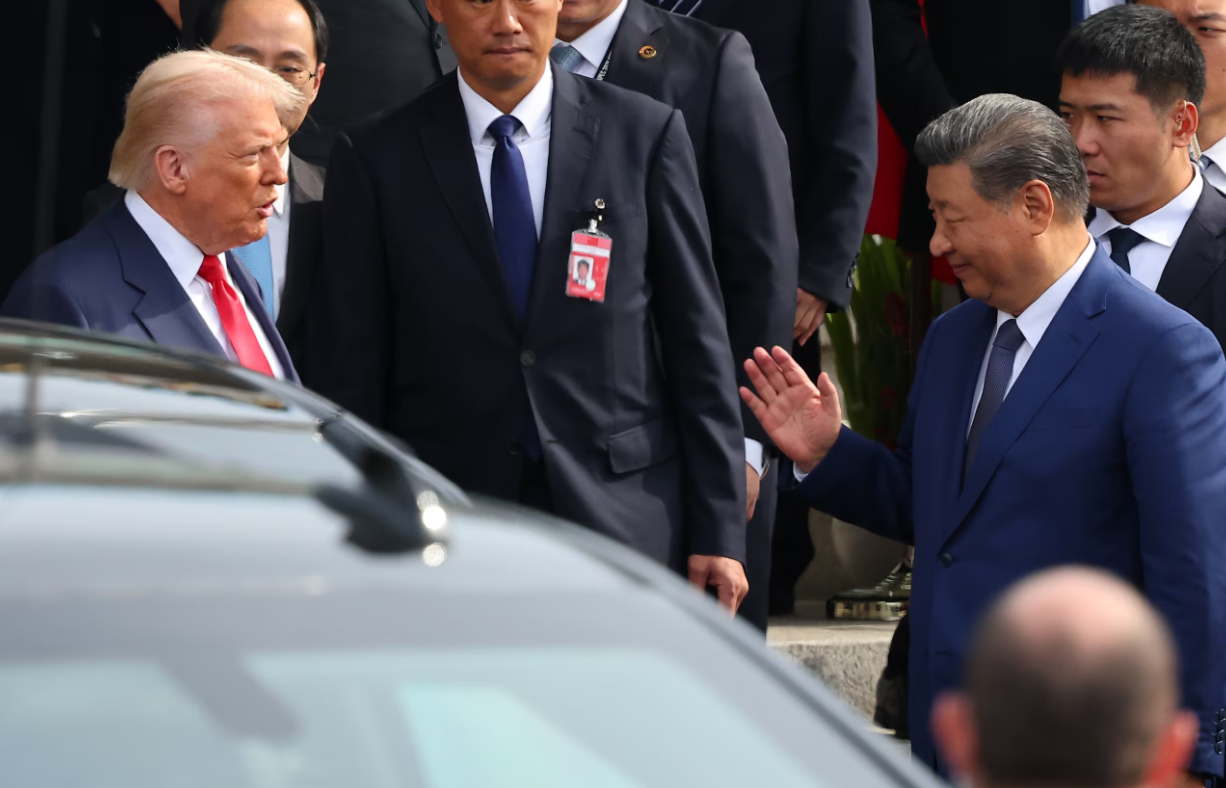
Brian Wong, Assistant Professor in Philosophy and Fellow at Centre on Contemporary China and the World, HKU and Rhodes Scholar
Dec 08, 2025
Trump and Xi’s latest meeting was a remarkable display of amiability between the U.S. and China, yet the conflicts at hand saw no progress toward resolution.
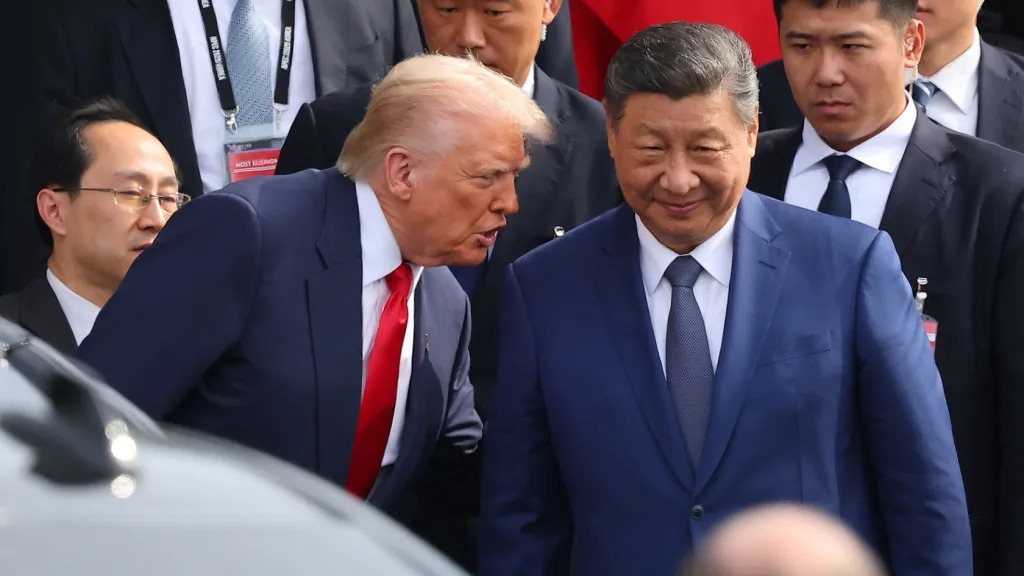
Guo Jinyue, Associate Research Fellow at Department for American Studies, China Institute of International Studies
Nov 28, 2025
The meeting of two presidents in South Korea laid a solid foundation for the future. Both China and the U.S. will exist for a long time on this planet, and that continuity should be reflected in all their relations. They have charted a new course for mutual success.
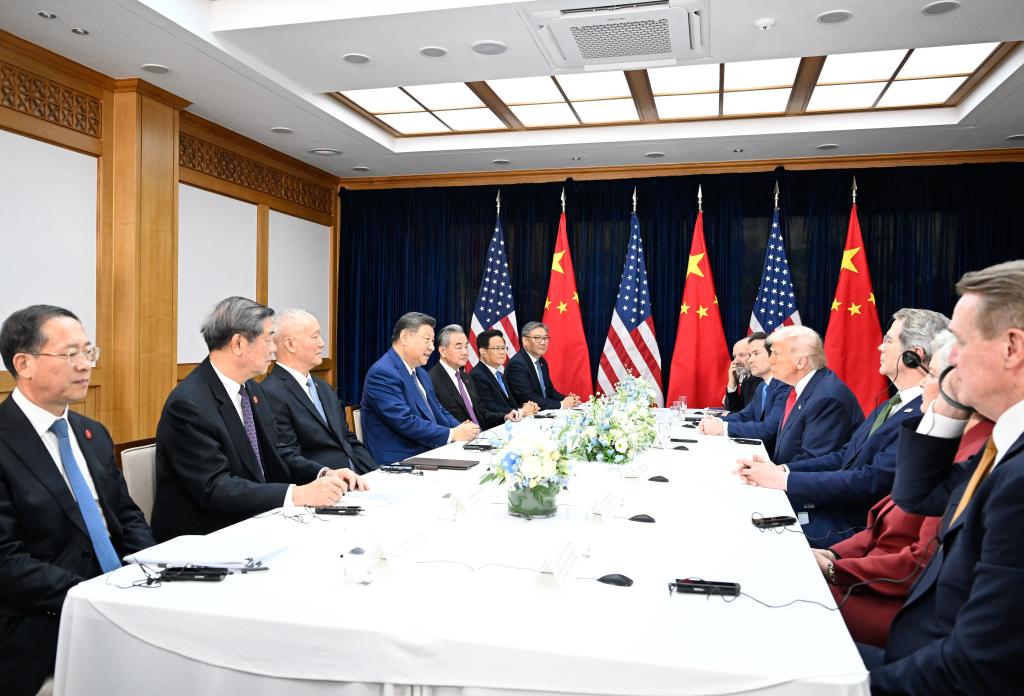
Richard Weitz, Senior Fellow, Hudson Institute
Nov 21, 2025
The meeting between the Chinese and U.S. presidents in South Korea at the end of October resolved some issues but left many unanswered. These deferred questions will likely drive next year’s Sino-American policy agenda.
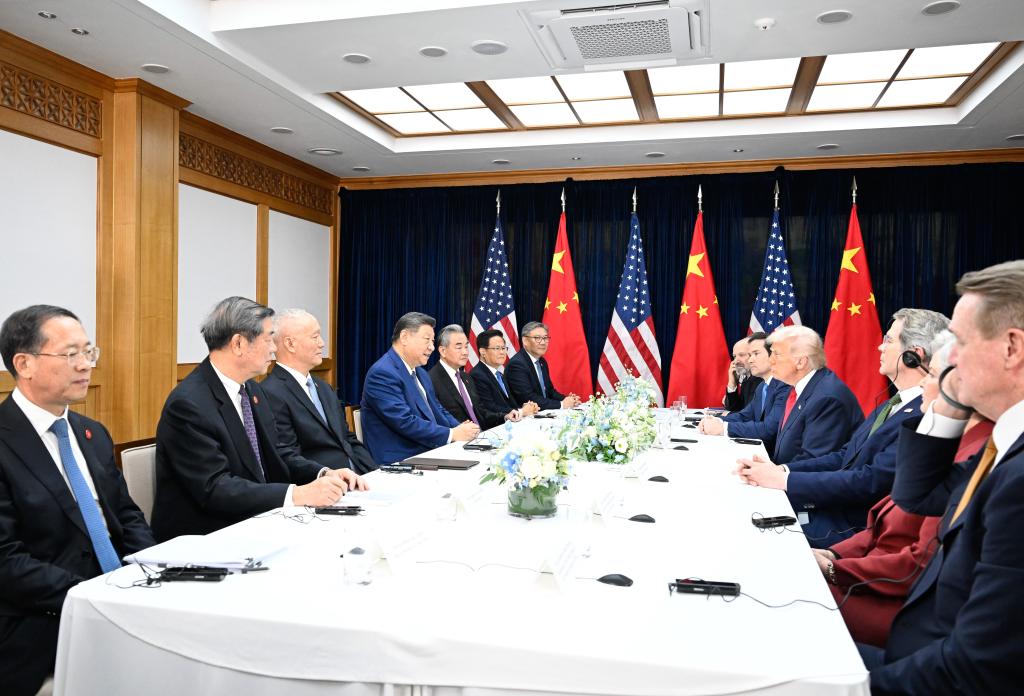
Sujit Kumar Datta, Former Chairman of Department of International Relations, University of Chittagong, Bangladesh
Nov 21, 2025
The message of the meeting of two presidents in South Korea is not one of dominance but of balancing — the idea that great power diplomacy can bring stability to the world in uncertain times.

Sun Chenghao, Fellow, Center for International Security and Strategy of Tsinghua University; Munich Young Leader 2025
Wu Kexi, Research Assistant, China University of Political Science and Law
Nov 03, 2025
In a significant recalibration, the Busan summit helped stabilize China-U.S. relations, which now appear unlikely to return to the past or fall into confrontation. Both sides will instead seek equilibrium through communication and prudent action.

David Shambaugh, Gaston Sigur Professor and Director of China Policy Program at George Washington University, Distinguished Visiting Fellow at Hoover Institution of Stanford University
Nov 03, 2025
The first in-person meeting between Presidents Trump and Xi in six years focused almost exclusively on trade and technology, resulting in a temporary rollback of tariffs and export restrictions but producing no new agreements or progress on broader security or geopolitical issues. The meeting largely served to stabilize U.S.-China relations and decrease tensions, with both leaders agreeing to reciprocal visits in 2026 for further discussions, effectively “kicking the can down the road” on deeper bilateral challenges.
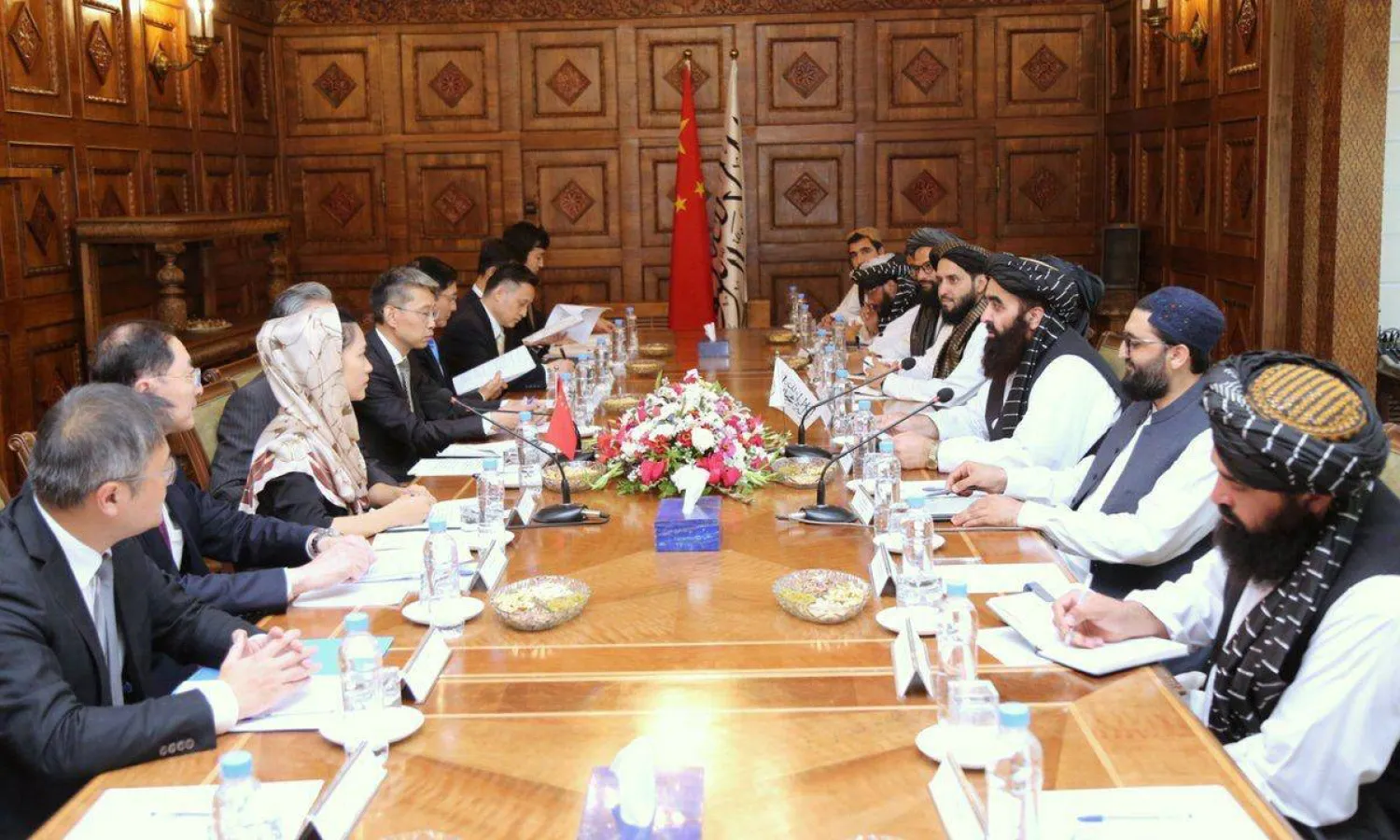
Richard Weitz, Senior Fellow, Hudson Institute
Oct 24, 2025
Recent developments warrant a senior China-U.S. dialogue regarding Afghanistan, beginning with the upcoming meeting between the Chinese and U.S. presidents in Seoul.

Oct 09, 2025
During the 12th Beijing Xiangshan Forum on Sept. 18-19 at the Beijing International Convention Center, Da Wei, Director of the Center for International Security and Strategy (CISS) and Professor of International Relations at Tsinghua University, was interviewed by China-US Focus Beijing editor Huang Zhijin. Da Wei believes that in the short term, China-U.S. relations will remain focused on maintaining stability; and as domestic political imperatives and broader global strategic considerations increasingly dominate the policy agenda, the Indo-Pacific strategy under Trump 2.0 appears to be losing substance.
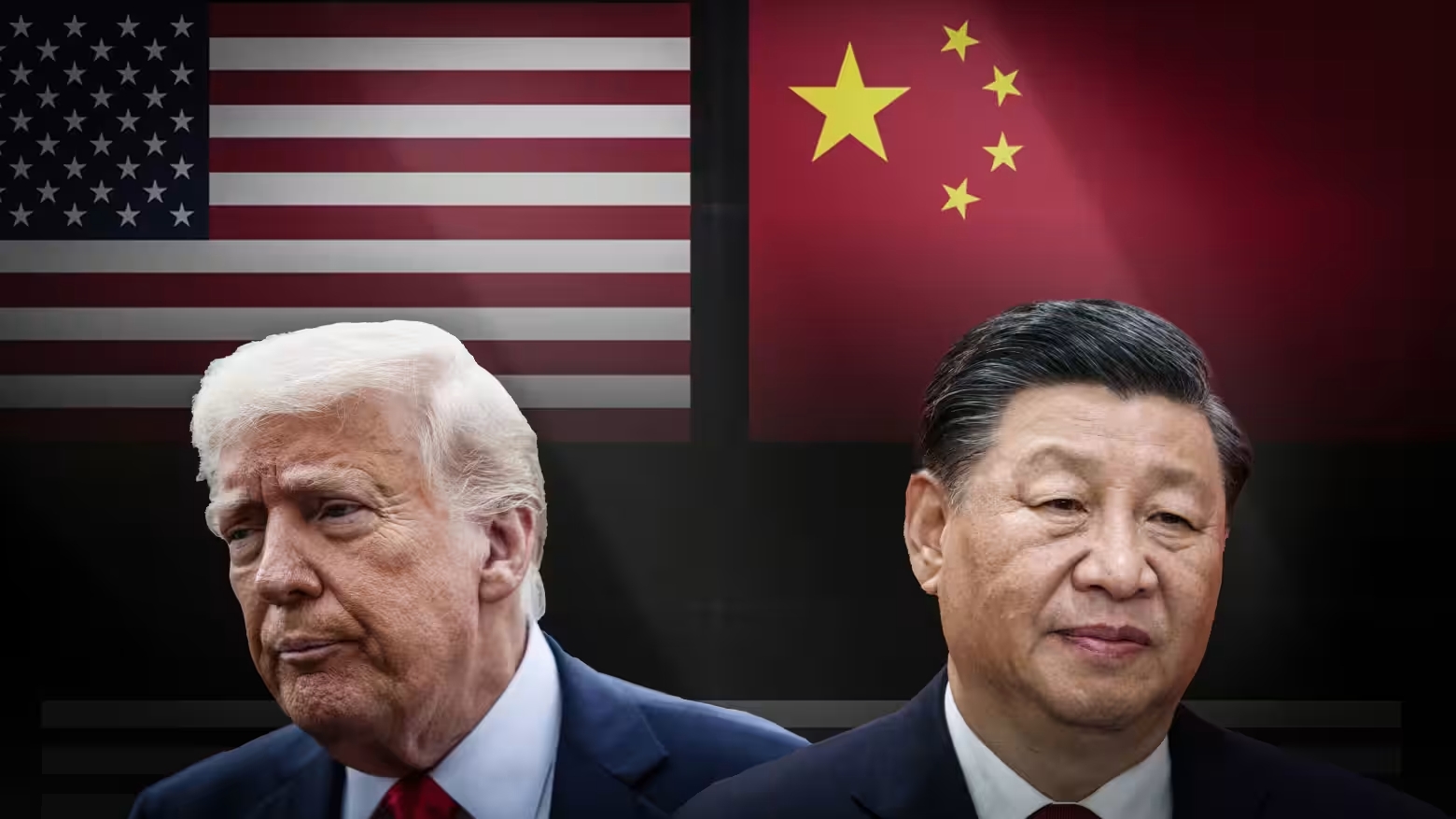
Fu Suixin, Assistant Researcher at Institute of American Studies, Chinese Academy of Social Sciences
Jun 12, 2025
Given the fact that most disruptions in the bilateral relationship originate in Washington, it is essential that the Trump administration apply the consensus reached during the call to its future actions.
Back to Top

- China-US Focus builds trust and understanding between the U.S. and China through open dialogue among thought leaders.
- Our Offerings
- Topics
- Videos
- Podcasts
- Columnists
- Research Reports
- Focus Digest
- Stay Connected
-
Thanks for signing up!
- Get the latest stories from China-US Focus weekly.